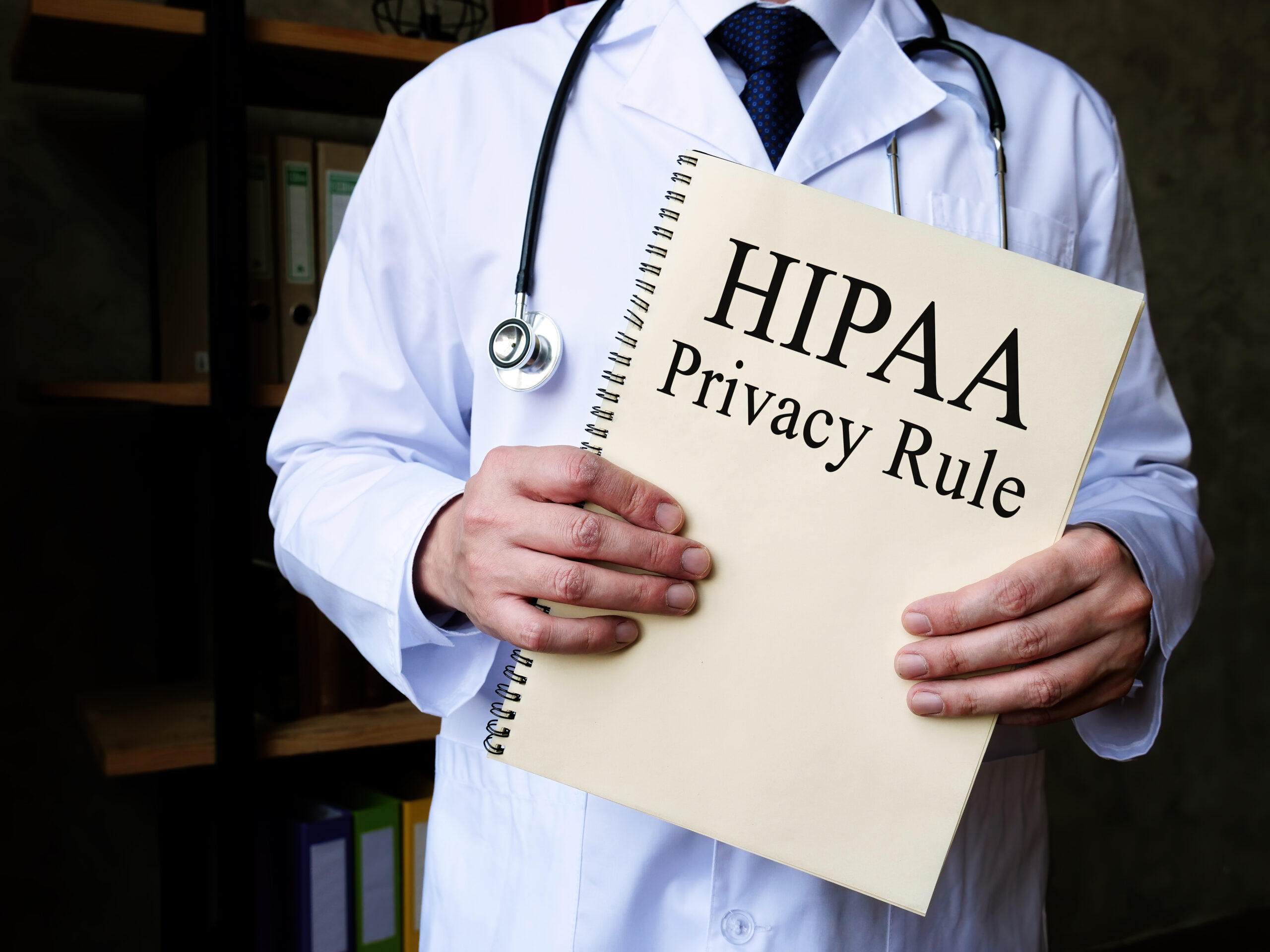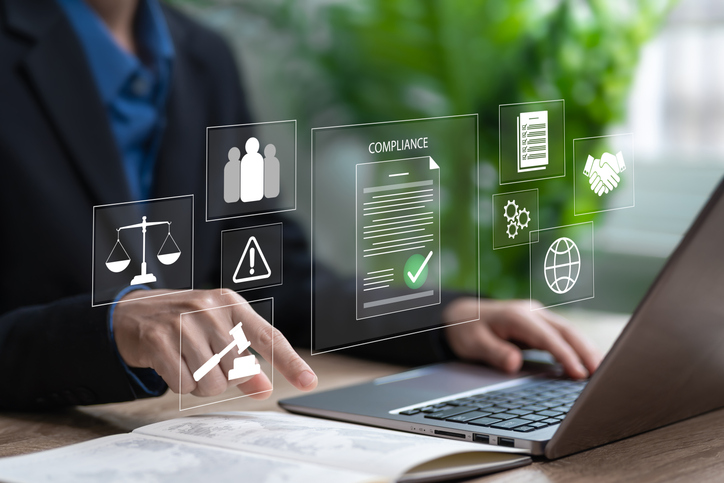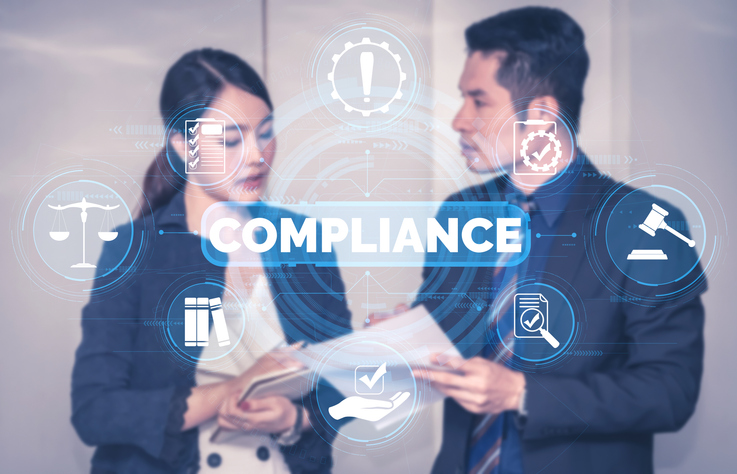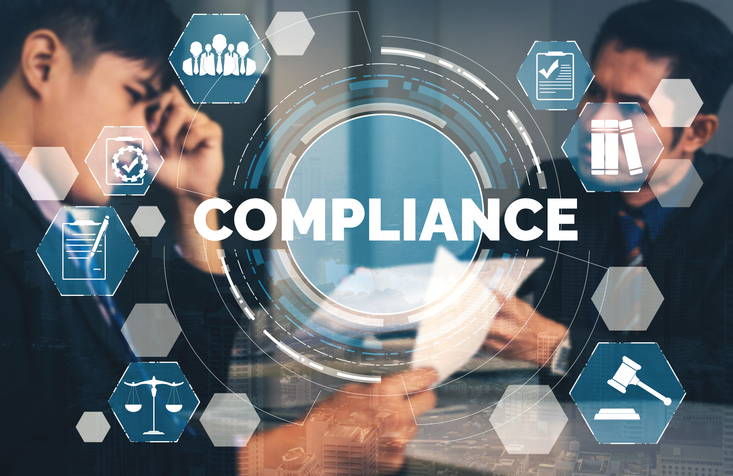The HIPAA Privacy Rule is a regulation that safeguards the privacy of individuals’ health information. For businesses, understanding and complying with this rule is essential to maintaining employee trust and avoiding potential legal consequences. Whether your organization handles employee health data directly or indirectly, knowing the key requirements of the HIPAA Privacy Rule is vital for protecting sensitive information and ensuring compliance.
What Is the HIPAA Privacy Rule?
The Health Insurance Portability and Accountability Act (HIPAA) includes the HIPAA Privacy Rule, which Congress enacted in 1996 to protect the privacy and security of health information. Furthermore, the rule establishes standards for how protected health information (PHI) is used and disclosed by covered entities, such as:
- Health plans
- Healthcare providers
- Healthcare clearinghouses
In addition, business associates who handle PHI on behalf of covered entities are also subject to certain HIPAA requirements.
What Is Protected Health Information (PHI)?
Protected health information includes any information related to an individual’s health status, healthcare services, or payment for healthcare services that can be linked to that individual. This includes:
- Medical records
- Insurance information
- Billing information
- Diagnoses and treatment details
PHI can exist in various formats, including electronic, paper, and oral communication.
Key Requirements of the HIPAA Privacy Rule
To comply with the HIPAA Privacy Rule, covered entities and business associates must adhere to several key requirements:
1. Use and Disclosure of PHI
Organizations must limit the use and disclosure of PHI to the minimum necessary for the intended purpose. Healthcare providers may share PHI without an individual’s consent only in specific circumstances, such as for treatment, payment, and healthcare operations.
2. Employee Training
Employers must provide HIPAA training to employees who have access to PHI. This includes educating staff on how to handle PHI securely and how to recognize potential breaches.
3. Notice of Privacy Practices
Organizations must inform individuals about their privacy rights and how they may use their health information. A Notice of Privacy Practices should be provided to employees and patients.
4. Safeguarding PHI
Covered entities must implement physical, technical, and administrative safeguards to protect PHI from unauthorized access, use, and disclosure. This includes secure storage, encryption, and access controls.
5. Breach Notification
Under the HIPAA Breach Notification Rule, covered entities are required to notify affected individuals, the Department of Health and Human Services (HHS), and, in some cases, the media in the event of a PHI breach.
Why the HIPAA Privacy Rule Matters in the Workplace
While the HIPAA Privacy Rule primarily applies to healthcare organizations, it also impacts workplaces that handle employee health information. For example, if an employer offers a health plan or wellness program, any health data collected or shared may be subject to HIPAA regulations.
Protecting Employee Health Data
Employers must ensure that any employee health information they collect or manage is handled confidentially and securely. This includes:
- Keeping medical records separate from other personnel files
- Limiting access to health information to only those who need it for legitimate business purposes
- Using secure communication channels for health-related information
Avoiding Legal and Financial Risks
Non-compliance with the HIPAA Privacy Rule can result in severe penalties, including:
- Civil penalties – Up to $1.5 million per violation category per year
- Criminal penalties – Including fines and imprisonment for intentional misuse of PHI
Best Practices for HIPAA Compliance
To maintain HIPAA compliance and protect employee health information, employers should adopt the following best practices:
- Conduct regular HIPAA training for employees
- Establish clear policies for handling PHI
- Perform regular audits to identify and address potential vulnerabilities
- Limit access to PHI to only those with a legitimate need
- Respond promptly to any suspected breaches or unauthorized access
Conclusion
The HIPAA Privacy Rule plays a vital role in protecting sensitive health information in the workplace. By understanding the key requirements, implementing strong safeguards, and providing regular training, employers can protect employee health data while maintaining compliance with HIPAA regulations. Prioritizing the security of employee health information not only reduces legal risks but also fosters a culture of trust and respect in the workplace.
Emtrain offers comprehensive HIPAA training designed to help employers and employees understand the requirements of the HIPAA Privacy Rule and how to handle PHI responsibly. Investing in effective HIPAA training through Emtrain ensures that your workforce is prepared to protect sensitive health information and maintain compliance with confidence.








